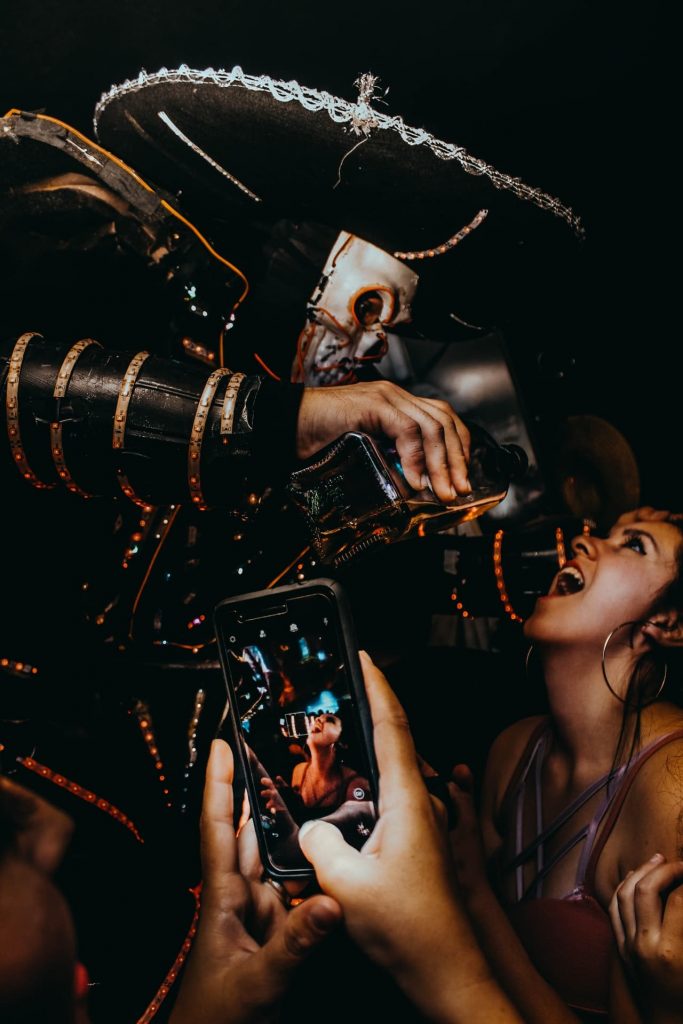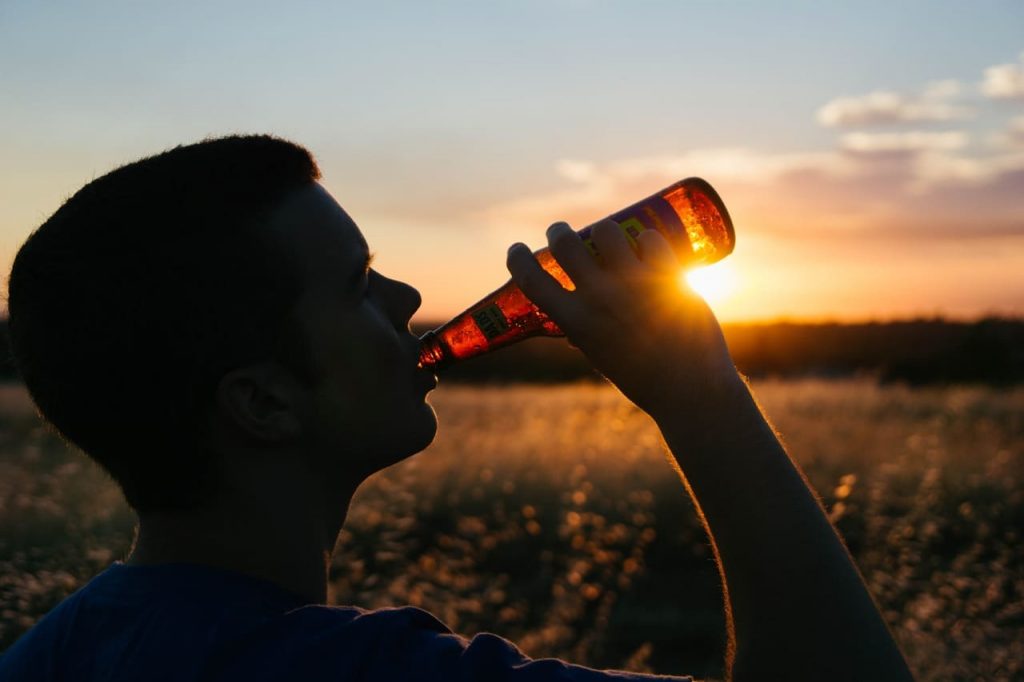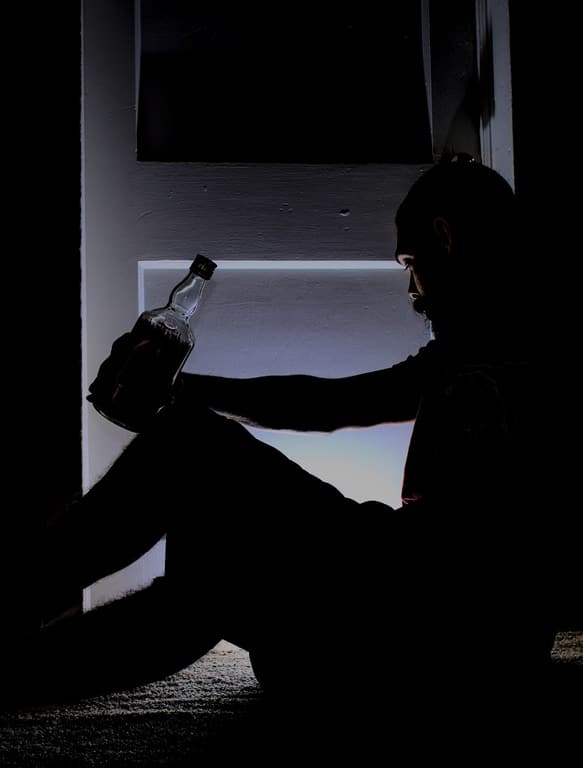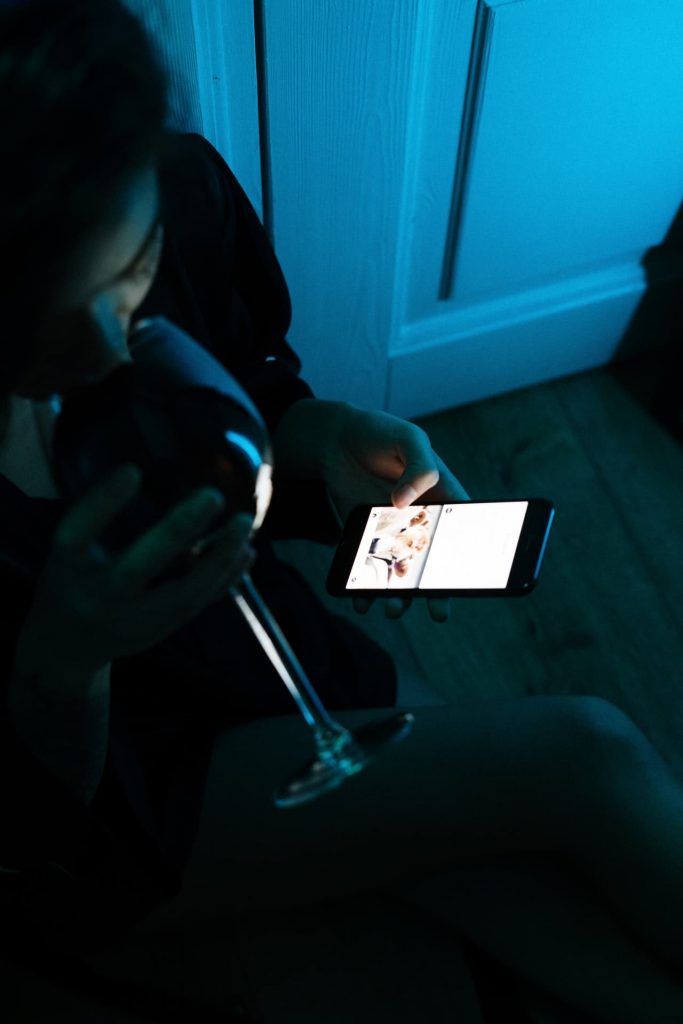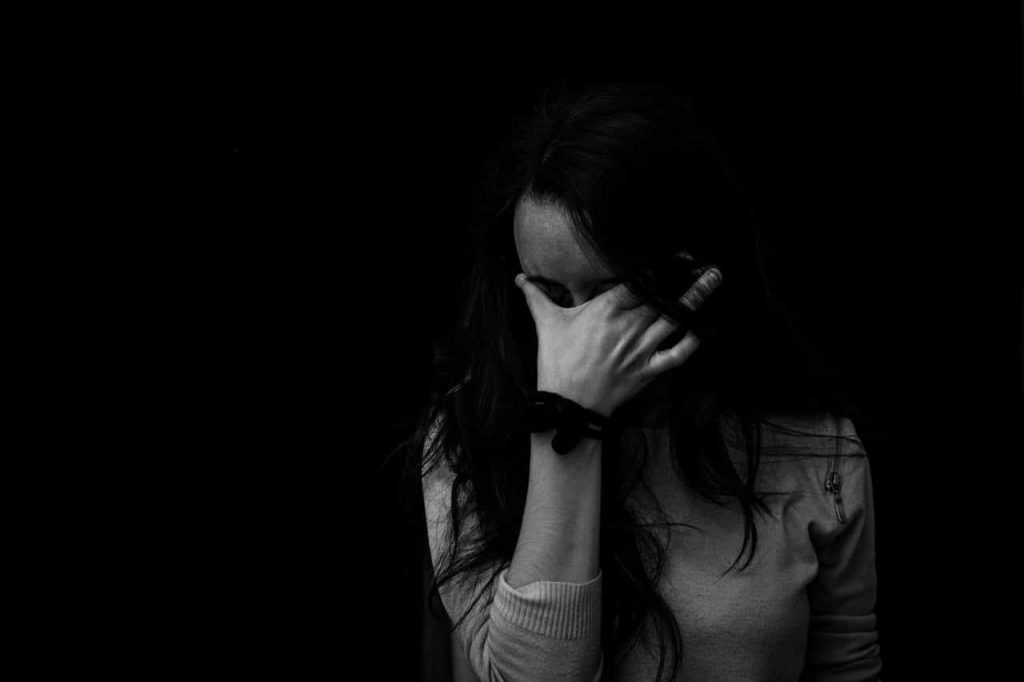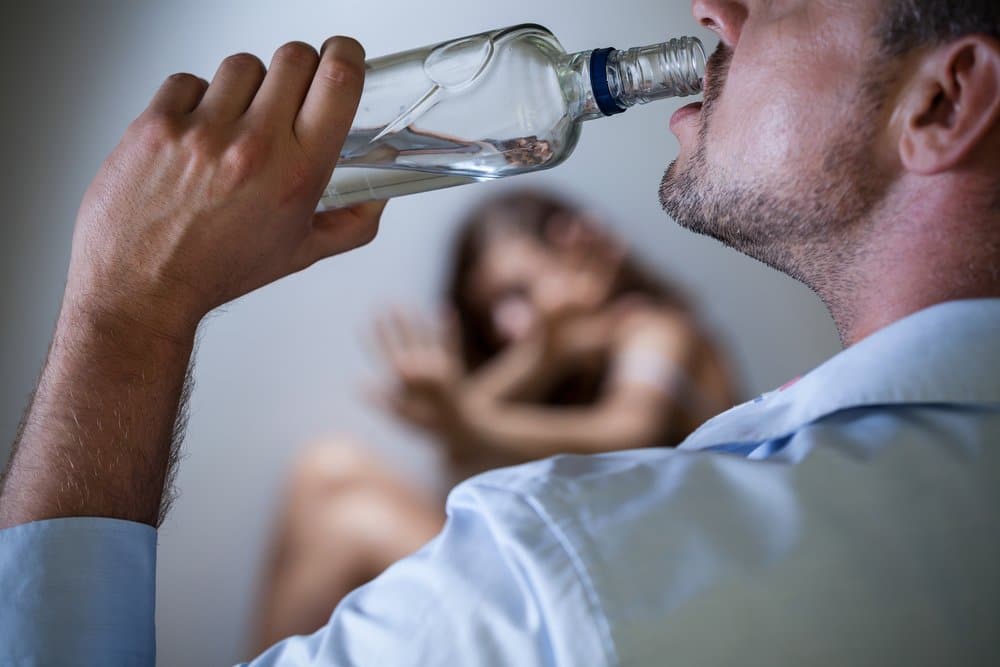Fun Things to Keep Busy & Off Drugs for the Holidays
For a lot of people, winter marks a great time of the year. They look forward to fun things like spending time with family, eating great food and celebrating the holidays. What some people don't know though, is how difficult this time of year can be for a recovering alcoholic or drug addict. For someone who is in recovery from a substance abuse problem, the holiday season can be especially troubling. Most of the time before getting sober, holidays used to be about getting drunk or high and using their drug of choice. Holidays were often an excuse to abuse drugs or alcohol, even if that meant hiding it from their friends and family.
When someone is newly sober, or sometimes even long into recovery, celebrating holidays can often become a relapse trigger and make them want to abuse drugs or alcohol again. Not to mention the limited outdoor activity, reduced sunlight, and less social contact that often comes with winter and colder temperatures. This can dramatically increase the risk of relapse for many addicts, especially those who also struggle with their mental health. If you or a loved one struggle with maintaining sobriety during the holidays, then you can probably relate.

Here are a few fun things you can try to help keep you busy & off drugs this holiday season:
-
Exercise
Though initially exercise may not sound like fun for everyone, it never hurts to try. Many who exercise regularly report feeling happier and less stressed when compared to those who don’t. Try signing up for a free membership at your local gym or start small by doing workout videos at home and cranking up the music. You can even download a video game like Just Dance to help get your heart rate going. If you can make it a regular habit, exercise is proven to increase things like self-confidence and reduce stress.
-
Volunteer
Another great way to help keep you busy during the holidays is to volunteer your time to a great cause! You can start by working at your local soup kitchen or reach out to a local organization whose efforts you would like to support such as the Humane society. Research has consistently proven that those who give back to others, often feel better than those who only take care of themselves. Simply giving even just one hour of your time each week can make a world of difference for more than just yourself.

-
Fix Up Your Space
Is there a new design idea you have always been wanting to try? Or perhaps a cool new chair for your man cave? Try sprucing up a room in your house, one bit a time and on a budget that you can afford. Paint the walls a new color. Do whatever creatively comes to mind. This is a great way to expel some of your pent up mental energy. You can also spend time cleaning out places like the garage or the attic. All of these are great examples of things that will keep you busy and help you feel better at the same time.
-
Get A Plant
Getting a plant can actually be very rewarding. If you have ever had the chance to speak with a gardener, they will likely tell you how mentally and spiritually fulfilling it can be. The same thing goes with getting a house plant. Attending to the needs of something as simple as a plant can help you stay busy and feel better about yourself. It can also help give you something to look forward to, which helps you further avoid a relapse, as getting drunk or high would likely mean its end. Getting a plant is also a great way of fixing up your space on a tight budget. Try visiting your local plant store and speaking with someone to help figure out the right type of plant for you.

-
Go Ice Skating or Play Hockey
Even though you may not be able to go outside as easily as you can in the summer, there are still plenty of activities that you can do during the colder months. There are many places to go ice skating, usually both indoors and out. You can also try to find a local hockey league in your city if you want to get a little physical on the ice. Perhaps even try getting together a group of sober friends or people from your local AA or NA support groups so that you can all lace up together and hit the puck around the ice. This is a great way to combine physical activity with your social support network while doing some fun things.
-
Take Naps
With reduced sunlight and the related chemical changes that can happen in the brain with shorter days, it may be no surprise that you are tired halfway through the day more often than you used to be. Don't be afraid to take a nap every once in a while, maybe even once every day. Taking a nap is a great way to pass the day and has many proven benefits, such as improved cognitive abilities and heightened mood. Just as long as you don't start sleeping too much, as that can have its own set of problems.

-
Do Puzzles
Puzzles are a great way to get the creative juices flowing in the brain and release some mental tension. They also take up quite a bit of time to finish, which is great for the wintertime and holidays. Plus, once they are done it's a very celebratory and rewarding moment. Go to your local supermarket and take a peek at their puzzle section, you are sure to find one that you would like to complete. The great thing about puzzles is that you can do them alone, or with loved ones or friends.
These are just a few ideas to get you started on how to have fun and avoid any potential drug cravings during the holidays. We wish you the best during this time of year but if you do find that you need some additional support with your sobriety, then we are always here to help. Reach out to us at More Than Rehab any time of day!
